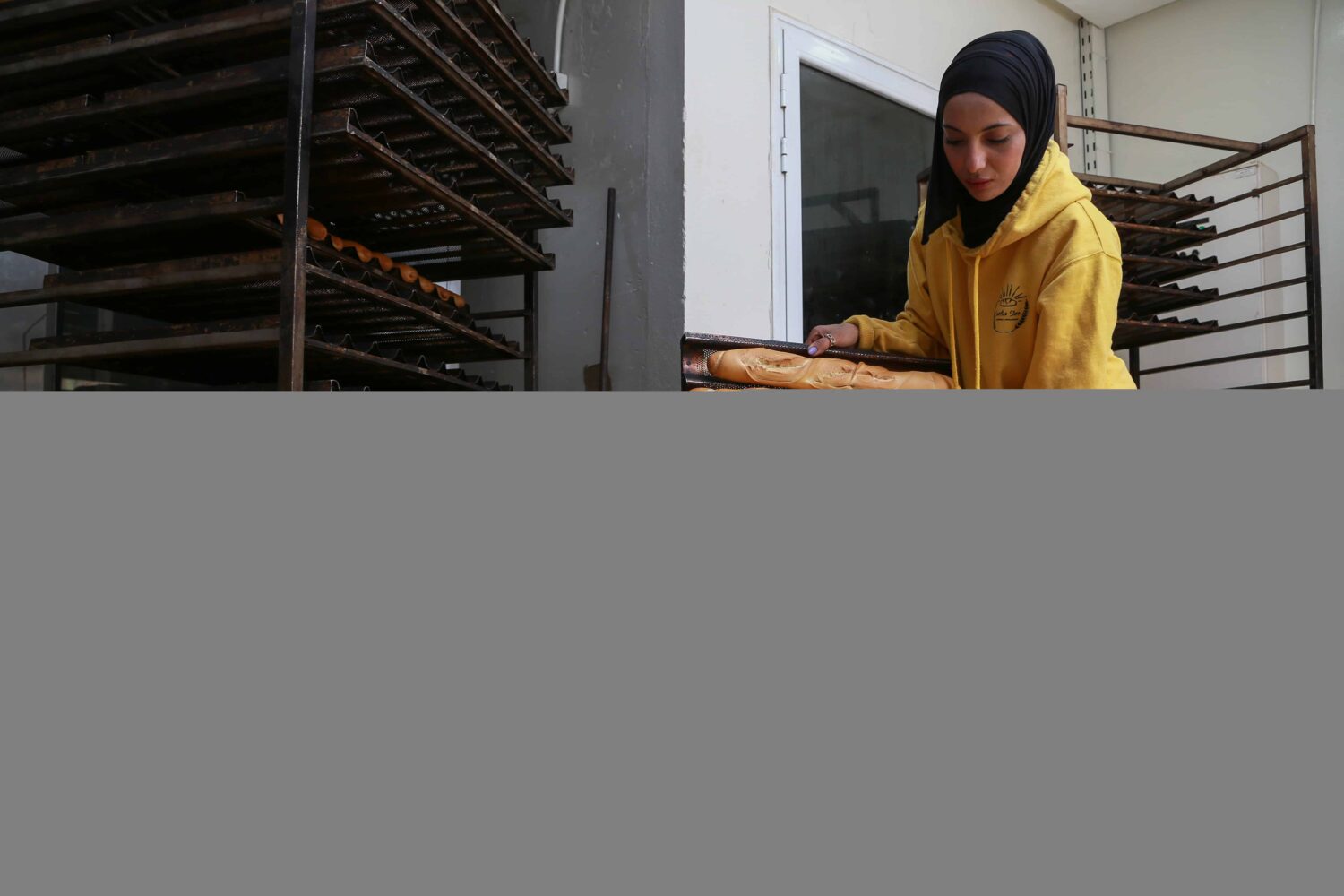Tunis, Tunisia — Tunisia will again supply flour to more than 1,000 non-subsidized bakeries in the North African country after most of them ceased operating, government and industry officials said on Sunday.
The deal could help ease a bread shortage that has worsened over the past two weeks.
Since the beginning of August, European-style bakeries selling baguettes in the formerly French-ruled country had been prevented from accessing their quota of subsidized flour, after President Kais Saied said there should be “one type of bread for all Tunisians”.
Days later those same bakeries also stopped receiving non-subsidized flour and semolina from the state, which controls the supply of all such essential goods in the country.
Known as “modern bakeries”, the shops sell at a higher price and also offer pastries and other breads. More than 3,700 other bakeries sell only subsidized baguettes at a cost of 190 Tunisian millimes (around $0.07 cents), a price unchanged since 1984.
“It has been decided to resume the supply of flour and semolina to the non-subsidised bakers from August 19,” after which they committed to “respect the laws on the production and sale of bread”, the commerce ministry said in a statement.
Economists attribute the bread shortage partly to speculation but, more broadly, to the lack of cereals. Tunisia’s debt is around 80 percent of gross domestic product and the country lacks liquidity. It is unable to buy enough grain on global markets, economists say.
Around 200 bakers in the capital Tunis held a sit-in after the subsidy cut, and then authorities also disrupted the supply of regular flour.
Another such protest planned for Monday in Tunis has been cancelled after the government’s latest announcement, Salem Badri, president of the Association of Modern Bakeries in the coastal city of Sfax, told AFP.
Ninety percent of the 1,443 association members, which employed almost 20,000 people, “had to close their doors” as a result of the earlier decision, Badri said, which made bread queues even longer at the other, state-supported outlets.
He said that, beginning Monday, discussions would continue with authorities to allow the modern bakeries to resume production of subsidized bread, but “on the basis of criteria set by President Kais Saied”.
Saied staged a power grab in July 2021 and has since ruled by decree in what his opponents call a “coup”. Last year he rammed through a constitution giving his office unlimited powers and neutering parliament.
In the early 1980s riots over bread killed a total of 150 people in Tunisia.

